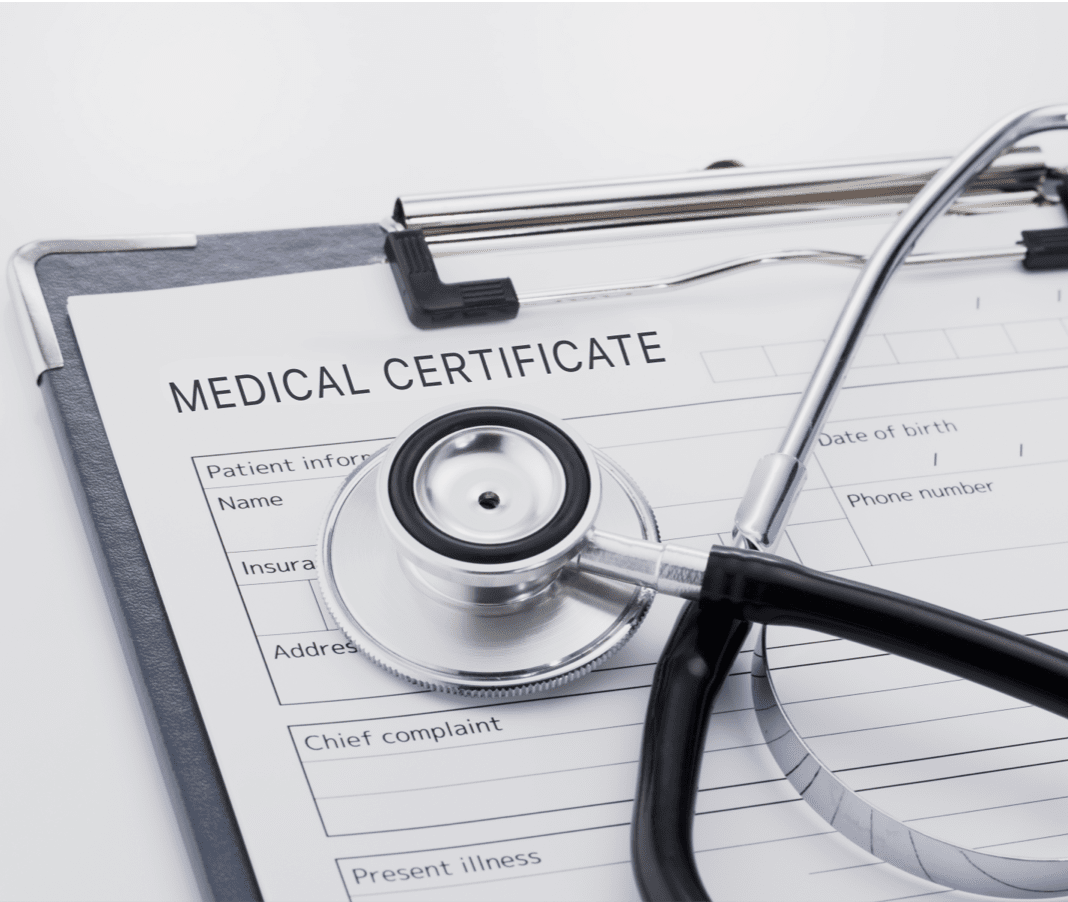Legitimate medical certificate platforms have transformed how patients access essential documentation for workplace absences, travel requirements, and insurance claims. These digital health services connect patients with licensed physicians through secure video consultations, enabling certificate issuance without traditional clinic visits. Professional platforms maintain strict verification protocols to ensure only qualified medical practitioners can issue valid documentation. Established, the nextclinic.com.au demonstrates how proper telemedicine platforms operate within legal frameworks while providing convenient access to medical certificates. The key lies in identifying platforms prioritising patient safety, physician credentials, and regulatory compliance over convenience alone.
Security measures
- End-to-end encryption protects all patient communications, medical records, and personal information shared during consultations from unauthorised access
- Encrypted patient accounts prevent unauthorised access to medical information.
- Secure payment processing through established financial institutions protects patient financial information during transaction processing
- Patient information is stored securely and is accessible only to authorised medical personnel by healthcare privacy regulations
- A regular security audit and penetration test find issues before they compromise patient privacy or platform integrity
Documentation requirements
Legitimate platforms establish clear documentation standards for patients before issue a doctor certifiate online. These requirements typically include photographic identification verification, current contact information, and detailed symptom descriptions that allow physicians to assess the medical necessity of requested certificates. Platforms may require patients to complete health questionnaires that screen for contraindications or conditions requiring in-person examination rather than remote assessment.
The documentation process includes consent forms that explain the limitations of remote consultations and patient responsibilities for providing accurate medical information. Platforms maintain detailed records of all consultations, including timestamps, physician notes, and patient responses, creating audit trails that support the validity of issued certificates. Some platforms require patients to acknowledge that certificates are issued based solely on information provided during remote consultations and may not reflect complete medical assessments.
Consultation process
- Appointment scheduling systems allow patients to select convenient consultation times with available licensed physicians
- Pre-consultation health screenings determine whether conditions are suitable for remote assessment or require in-person medical evaluation
- Video consultation platforms provide secure communication channels where physicians can assess patient conditions and ask relevant medical questions
- Real-time documentation allows physicians to complete medical certificates during consultations based on patient presentations and reported symptoms
- Post-consultation follow-up ensures patients receive certificates promptly and understand any limitations or recommendations provided by consulting physicians
Legal compliance
Legitimate medical certificate platforms operate within strict regulatory frameworks that govern telemedicine practices and medical documentation standards. These platforms ensure physicians are licensed to practice in jurisdictions where patients reside, preventing cross-border licensing violations that could invalidate issued certificates. Compliance includes maintaining professional indemnity insurance covering remote consultations and certificate issuance, protecting patients and physicians from potential liability issues.
Professional platforms establish clear scope-of-practice guidelines defining conditions appropriate for remote assessment and certificate issuance. They maintain relationships with local medical boards and regularly update their practices to reflect changing regulations governing telemedicine and medical documentation. The platforms implement quality assurance protocols that monitor physician performance and ensure certificates meet legal standards required by employers, insurance companies, and other accepting organisations. Patient protection measures include complaint resolution processes, appeals procedures for denied certificates, and clear communication about platform limitations in providing comprehensive medical care through remote consultations alone.






